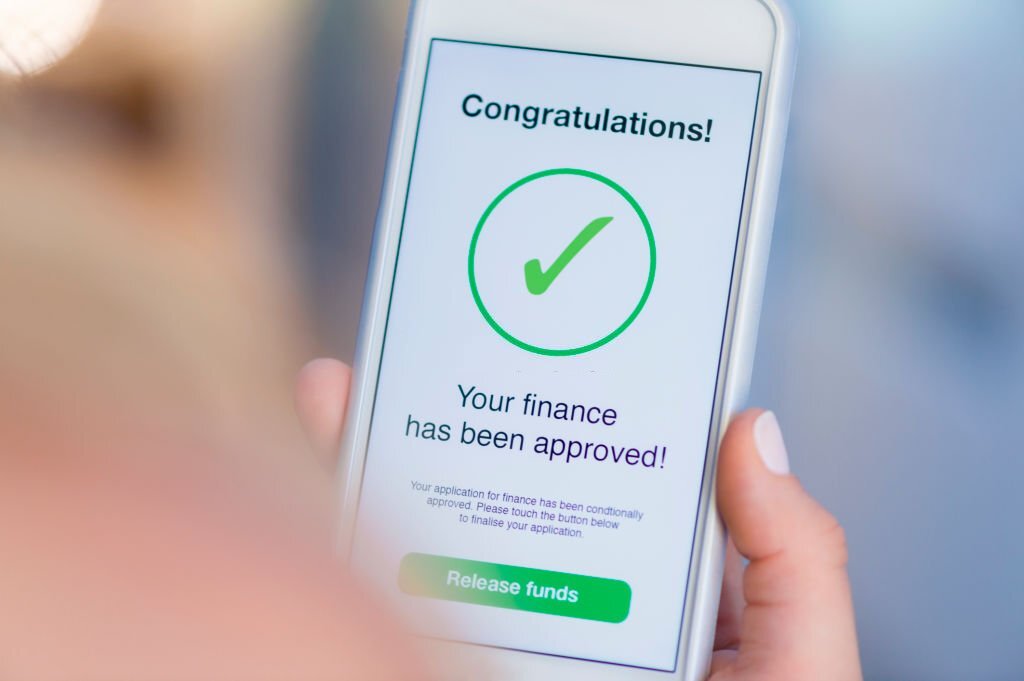Starting a business in Nigeria may be challenging and getting low interest funding in a period where benchmark interest rate is at an all time high of 15.5 per cent with expectations that it may be raised further.
Thus, getting financing for a micro, small or medium business requires adequate planning such as keeping your personal finances in order and having a clear business plan. Understanding the size of your business also ensures that you seek the right funding that you require.
Start-up businesses should first of all leverage personal savings, grants and support from family and friends as seed capital. Upon achieving a bit of stability, seek for partners that could bring in additional capital towards enhancing business growth.
At this stage angel investors and venture capitalist may come in as partners by injecting equity capital, after which debt capital may be sought upon exhausting the above sources of capital, if further capital is required.
One place that businesses can approach for low interest rate loan is the Bank of Industry (BoI). The BoI is Nigeria’s oldest, largest and most successful development financing institution. It was reconstructed in 2001 out of the Nigerian Industrial Development Bank (NIDB) Limited, which was incorporated in 1964. The bank took off in 1964 with an authorized share capital of 2 million (GBP).
The International Finance Corporation which produced its pioneer Chief Executive held 75 per cent of its equity along with a number of domestic and foreign private investors. Although the bank’s authorised share capital was initially set at N50 billion in the wake of NIDB’s reconstruction into BoI in 2001, it has been increased to 250 billion in order to put the bank in a better position to address the nation’s rising economic profile in line with its mandate.
BoI is one of 15 government agencies under the Federal Ministry of Industry, Trade and Investment (FMITI). The execution of our developmental mandate is guided by the Economic Recovery & Growth Plan (ERGP) and the Nigeria Industrial Revolution Plan (NIRP).
Consequently BoI’s mandate is the transformation of Nigeria’s industrial sector by providing financial and advisory support for the establishment of large, medium and small projects/ enterprises, and the expansion, diversification, rehabilitation and modernisation of existing enterprises.
The bank supports projects with potential developmental impact, and the capability to generate considerable multiplier effects such as job creation, import substitution and poverty alleviation, which would have significant positive effects on the socio-economic condition of Nigerians.
Businesses can get funding at between five to 10 per cent interest rate for term loans to applicants who must be registered businesses. Interest Rate on Working Capital is around 13 per cent per annum for SMEs and 15 per cent per annum for Large Enterprises.
Appraisal Fee of one per cent of loan amount payable on acceptance of loan offer letter while commitment fee is of loan amount payable on acceptance of loan offer letter. There is also monitoring Fee of 0.125 per cent on the outstanding loan balance payable quarterly in arrears and loan Restructuring Fee of one per cent of the restructured amount
Other applicable fees not due to BOI include legal fees, statutory fees payable to government agencies such as stamp duties, registration fees, CAC filing fees, deed of release of title documents. These fees are dependent on the security arrangement, loan value and location of security.
Asides from its regular loans, BOI also collaborates with other government agencies to give out loans to businesses. One of such is the N235 billion CBN intervention fund for manufacturing re-financing and restructuring facilities of banks’ loans.
The objectives of the fund are to fast-track the development of the manufacturing sector of the Nigerian economy by improving access to credit to manufacturers, improve the financial position of the Deposit Money Banks (DMBs) and increase output, generate employment, diversify the revenue base, increase foreign exchange earnings and provide inputs for the industrial sector on a sustainable basis.
There is also the $200 million Nigeria Content Intervention Fund for the support of the Nigerian oil and gas industry players procure fixed assets, fund working capital, refinance existing loans and finance contracts.
Asides this, the BOI also makes available N15 billion for small scale agro processing industries support for the production of semi-finished products and raw materials for industries under the Agro-Commodity processing Fund.
It also makes available the N10 billion Mechanization Fund for agricultural equipment for land preparation, irrigation services and post harvest processing, as well as the N5 billion Dangote Fund for enterprises in agro-processing manufacturing and enterprises trading in made in Nigeria goods.





